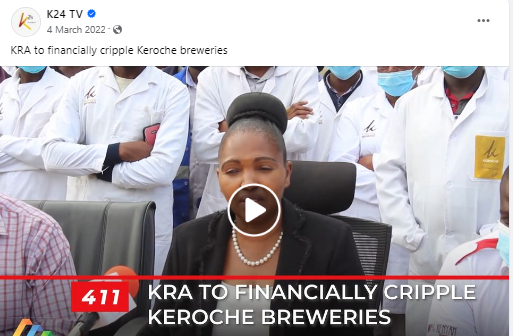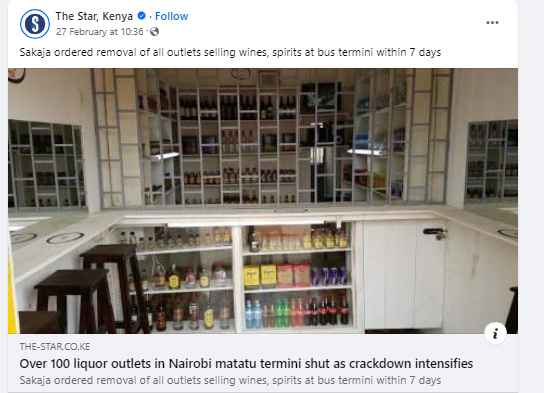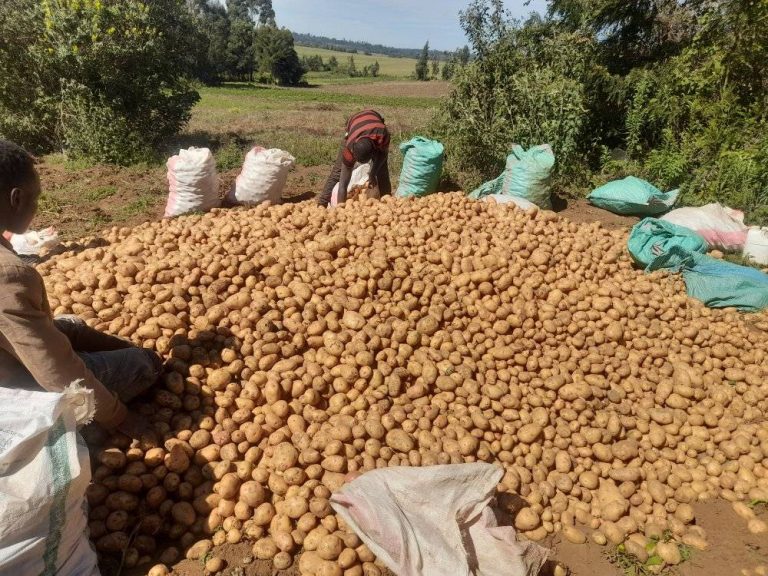Challenges Facing The Wines And Spirits Business
Within the broader alcoholic beverages industry, the wines and spirits segment in Kenya faces its own unique set of challenges that demand strategic maneuvering from industry players.
From limited domestic production capabilities to import dependencies and evolving consumer preferences, businesses in this domain must adapt and innovate to overcome these hurdles.
Navigating the Kenyan Wines and Spirits Landscape
The Kenyan wines and spirits market presents a unique blend of opportunities and hurdles for businesses operating in this dynamic sector.
While the demand for alcoholic beverages continues to rise, driven by an expanding middle class and evolving consumer preferences, several challenges persist, testing the resilience and adaptability of industry players.
This article delves into the multifaceted obstacles facing the wines and spirits business in Kenya, shedding light on the intricate landscape and offering insights into potential strategies for navigating these complexities.
1. Regulatory Framework and Taxation
One of the most formidable challenges confronting the Kenyan wines and spirits industry is the intricate web of regulations and taxation policies that govern its operations. The country’s excise tax regime on alcoholic beverages is among the highest in the region, placing a significant financial burden on producers, importers, and consumers alike.
The Kenya Revenue Authority (KRA) has consistently increased excise duties on wines and spirits, ostensibly to curb excessive alcohol consumption and raise revenue for the government. However, this approach has inadvertently fueled the growth of the illicit alcohol trade, as consumers seek cheaper alternatives to legally produced beverages.

Moreover, the licensing process for wine and spirit businesses is often convoluted and subject to frequent changes, creating uncertainties that can discourage investment and stifle innovation. Businesses must navigate a labyrinth of permits and approvals from multiple government agencies, adding to their operational costs and administrative burdens.

2. Illicit Trade and Counterfeit Products
The presence of illicit and counterfeit alcoholic beverages in the Kenyan market poses a significant threat to legitimate businesses. These unlawful products not only undermine revenue streams but also jeopardize consumer safety and brand integrity.
Combating this issue requires collaboration between industry players, law enforcement agencies, and government authorities to strengthen anti-counterfeiting measures, enhance supply chain security, and raise public awareness about the dangers of consuming illicit products.
3. Limited Local Production Capacity
While Kenya boasts a thriving agricultural sector, the local production capacity for wines and spirits remains relatively low. Many businesses rely on imported products, which can be subject to fluctuating exchange rates, supply chain disruptions, and logistical challenges.
Developing a robust local production infrastructure is crucial for reducing dependence on imports, fostering economic growth, and promoting self-sufficiency within the industry.
4. Infrastructural Challenges
The distribution and logistics of wines and spirits in Kenya can be hampered by infrastructural deficiencies, such as poor road networks, limited storage facilities, and inadequate cold chain logistics.
These challenges can lead to product spoilage, delays in delivery, and increased costs, ultimately impacting the bottom line of businesses. Addressing these infrastructural gaps through public-private partnerships and strategic investments is essential for ensuring efficient and cost-effective distribution channels.
5. Socio-Cultural Perceptions and Responsible Consumption
Societal attitudes and cultural perceptions towards alcohol consumption can influence consumer behavior and purchasing patterns. While the urban population in Kenya is becoming more receptive to wine and spirit consumption, certain segments of society may hold reservations or stigmas.
Businesses must navigate these diverse cultural landscapes while promoting responsible consumption practices and addressing potential concerns through education and awareness campaigns.
6. Marketing and Branding Challenges
In a competitive and dynamic market, effective marketing and branding strategies are crucial for wines and spirits businesses to differentiate themselves and resonate with target consumers. However, advertising regulations and restrictions on alcohol promotion can limit the reach and impact of marketing efforts.
Companies must find innovative ways to build brand loyalty, leverage digital platforms, and engage with consumers through experiential marketing and targeted campaigns that align with regulatory guidelines.
Despite these challenges, the Kenyan wines and spirits market holds immense potential for growth and innovation. Businesses that can effectively navigate these obstacles through strategic planning, adaptability, and collaborative efforts will be well-positioned to capitalize on the emerging opportunities in this dynamic industry.
By fostering strong partnerships, investing in local production capabilities, embracing sustainable practices, and prioritizing consumer education and responsible consumption, the wines and spirits business in Kenya can pave the way for a prosperous and resilient future.

